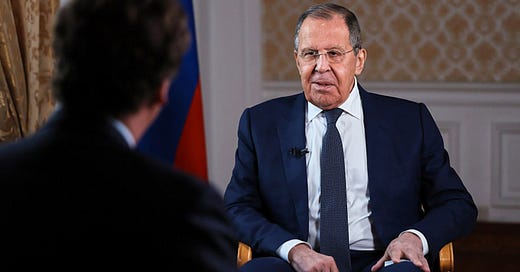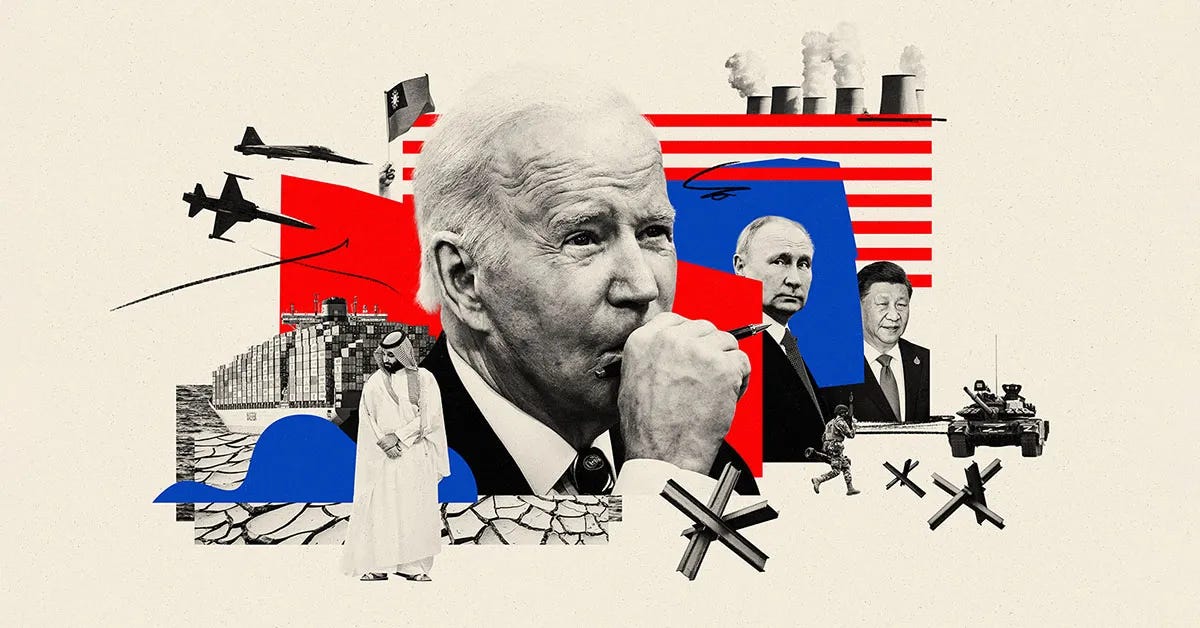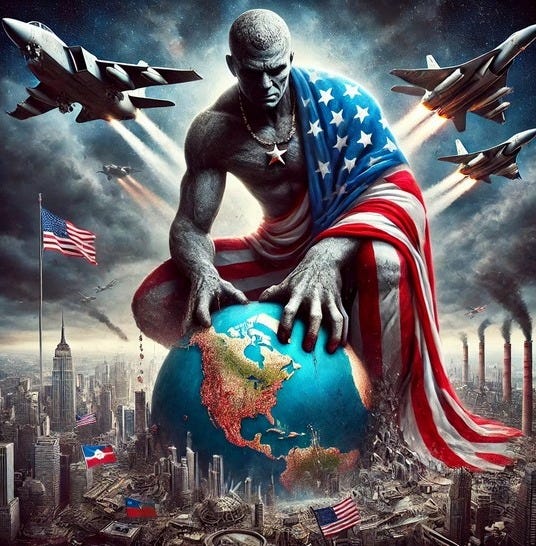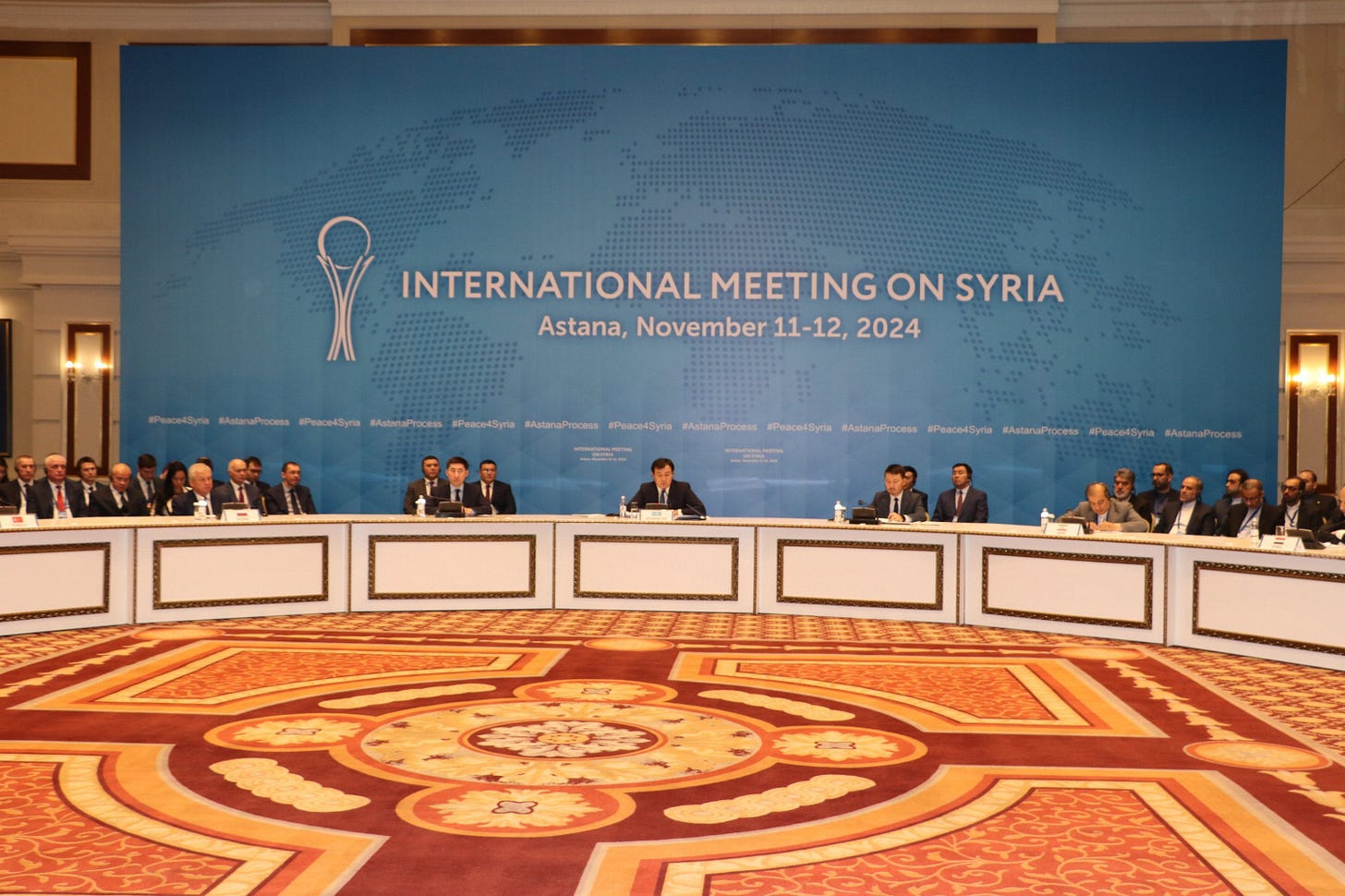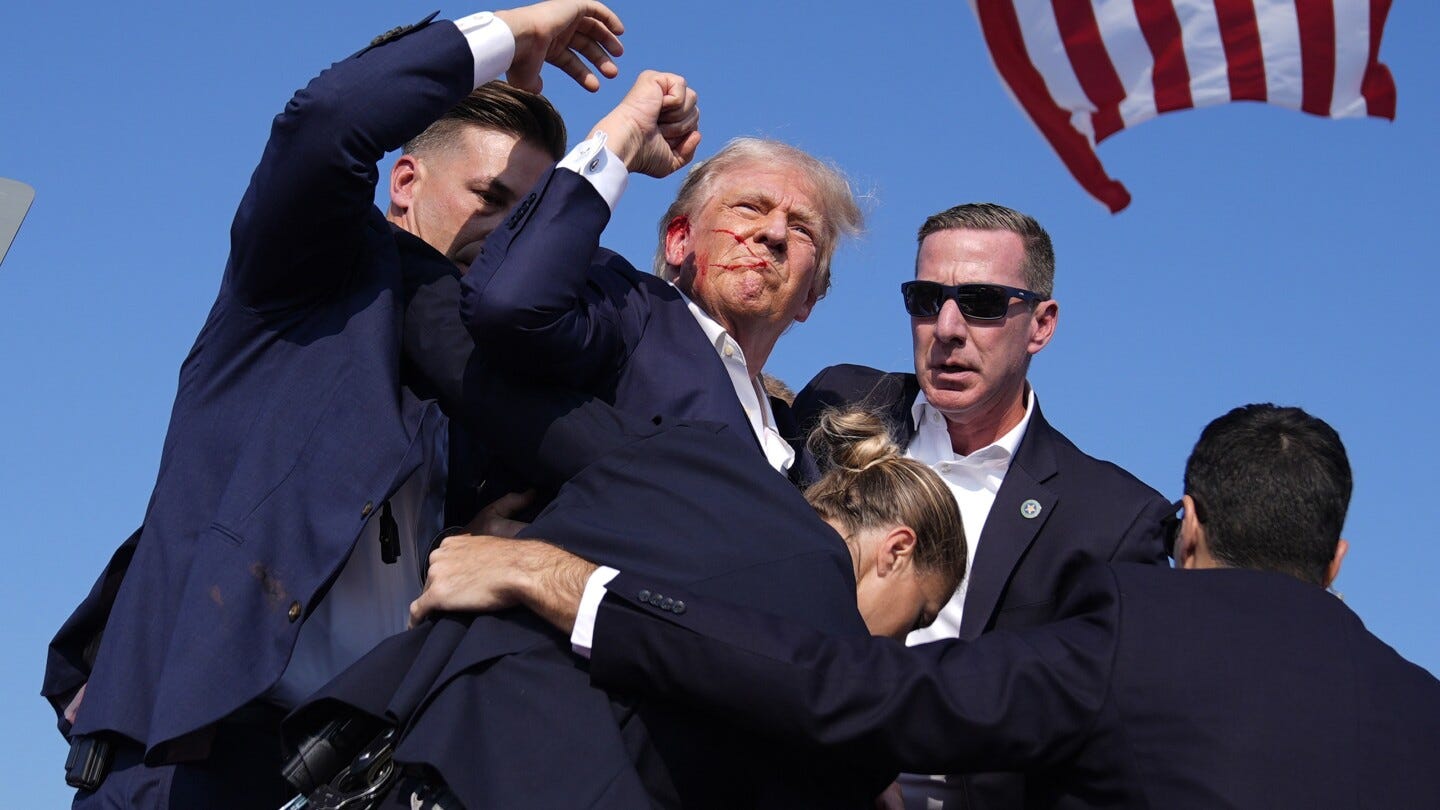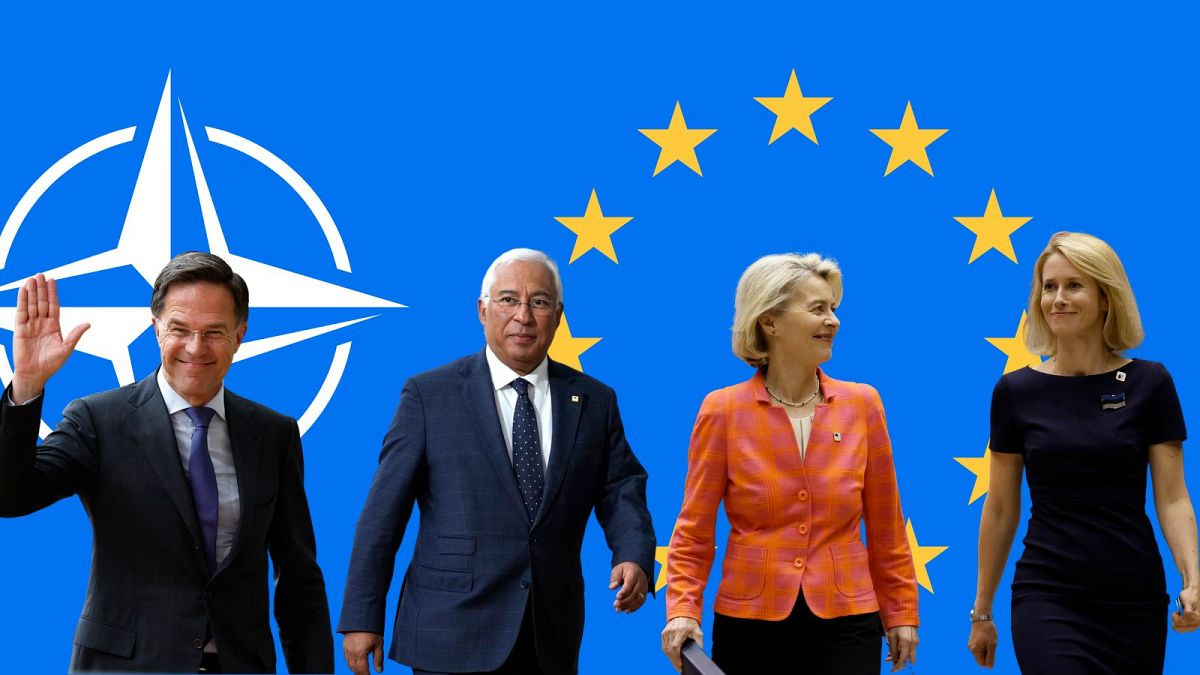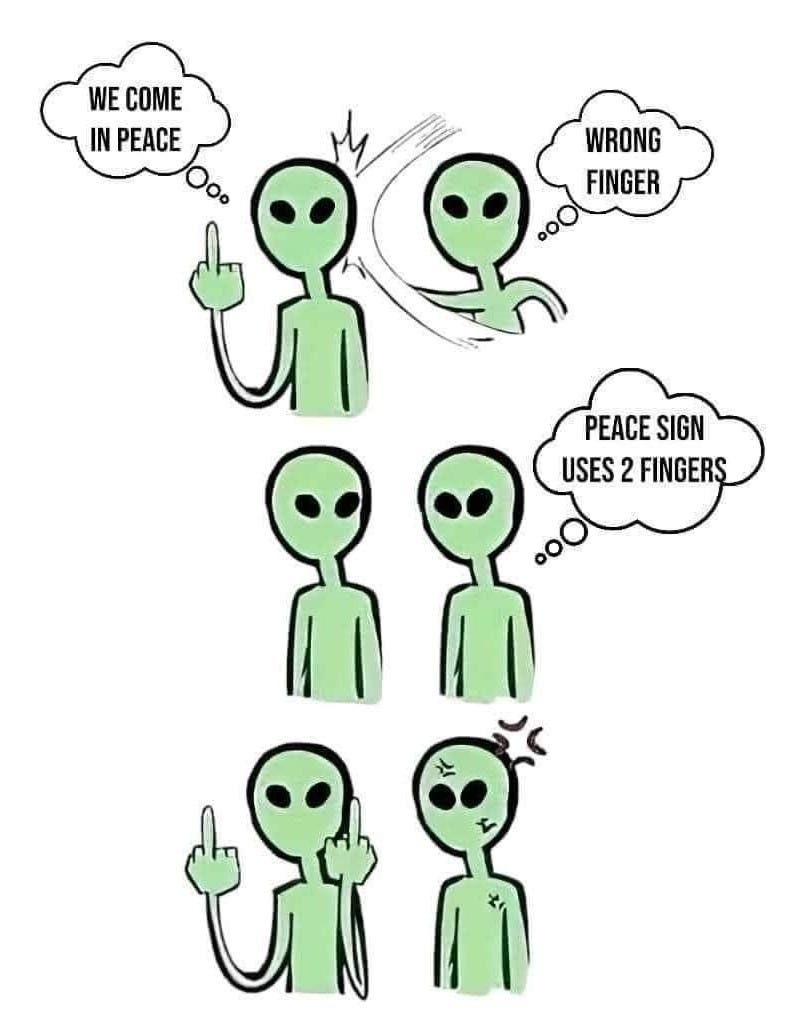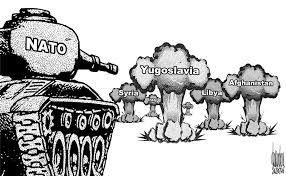A Special Thanks to Our First Paid Subscriber!
We want to take a moment to express our deepest gratitude to our very first paid subscriber, Robert Beckham. Your belief in our work and your support make all the difference in helping us grow and continue delivering the quality content that our community deserves. Thanks to you, we can keep producing insightful material and expand our reach to even more curious minds.
Your contribution not only helps us improve but also inspires us to push the boundaries of what we can achieve together. We’re excited for what’s to come and truly appreciate your support on this journey.
Thank you for being a part of our community — this is just the beginning!
Interview Summary: Tucker Carlson and Sergey Lavrov
Ukraine, Zelenskyy’s Peace Formula, and Western Influence
In the interview, Sergey Lavrov expressed skepticism about Ukrainian President Volodymyr Zelenskyy’s proposed peace formula, claiming it is designed as a victory plan rather than a genuine peace initiative. According to Lavrov, Ukrainian officials openly admit their unwillingness to negotiate without favorable terms. “No deal unless the deal is on our terms,” he said, paraphrasing Ukrainian leaders. He criticized Western nations for undermining their principle of "nothing about Ukraine without Ukraine," arguing that they often impose conditions on Russia without consulting Moscow.
Lavrov further justified Russia’s actions in Ukraine by referencing international norms, claiming alignment with the United Nations Charter, particularly regarding the rights of linguistic and national minorities. He cited OSCE principles, stating that "security must be indivisible" and that NATO's expansion violates these agreements. Lavrov pointed out a 2010 OSCE summit declaration, which stated that no organization in the Euro-Atlantic space should claim dominance, emphasizing that Russia's opposition to NATO’s presence on its borders is legitimate. “No NATO on our doorsteps,” he declared, summarizing Moscow’s core security demand.
U.S. Foreign Policy Decisions and Relations with the Biden Administration
Discussing U.S. foreign policy, Lavrov lamented the lack of meaningful dialogue between Russia and the Biden administration. He shared an anecdote about his brief meeting with U.S. Secretary of State Antony Blinken at a G20 summit, where Blinken called for de-escalation. Lavrov stated he responded, “We don’t want to escalate. You want to inflict strategic defeat upon Russia?” Blinken allegedly denied this, claiming the U.S. goal was limited to Ukraine. Lavrov revealed that since then, no substantive communication has occurred with senior U.S. officials, saying, "I don’t want to ruin their career,” while describing how Western diplomats avoid public interaction with him.
Lavrov described a perceived erosion of professionalism in diplomacy, citing examples of European officials avoiding him at the G20 summit. “Grown-up people, mature people… they behave like kids,” he said. He accused the Obama administration of leaving "bombs" for the incoming Trump administration in 2016, referring to unresolved conflicts in regions like Syria, Georgia, and Afghanistan, which complicated Trump’s foreign policy.
The U.S. Push Toward Global Conflicts
Lavrov alleged that U.S. foreign policy historically thrives on creating turmoil and then exploiting the resulting instability. He cited examples such as the invasion of Iraq, the intervention in Libya, and the withdrawal from Afghanistan. He accused the U.S. of meddling in Georgia and Belarus and ignoring election monitoring outcomes when they do not align with Western interests. “You pick and choose,” he said, describing what he saw as double standards in Western policy. Lavrov also criticized the U.S. for freezing Afghan funds post-withdrawal, saying, “They left Afghanistan in very bad shape.”
Lavrov referenced the unilateral declaration of Kosovo’s independence, which Western countries supported without a referendum, contrasting it with Crimea’s referendum to join Russia. He argued that international law is selectively applied: “The UN charter is not a menu. You have to respect it in all its entirety.”
Syria and the Astana Peace Process
Regarding Syria, Lavrov highlighted the importance of the Astana peace process, a tripartite agreement involving Russia, Turkey, and Iran. He explained that these meetings aim to facilitate dialogue among Syrian factions and address separatist threats. Lavrov accused the U.S. of backing Kurdish separatists in eastern Syria, using profits from occupied oil and agricultural resources to fund them. “The Americans are grooming some Kurdish separatists,” he stated.
Lavrov expressed concern about the situation in Idlib, claiming that terrorists had violated de-escalation agreements and taken control of strategic routes like the M5 highway. He criticized Turkey’s inability to separate terrorist groups from opposition forces and called for renewed talks among Russia, Turkey, and Iran to stabilize the region. Lavrov also suggested that Western nations, including the U.S., UK, and possibly Israel, were supporting Islamist groups in Syria to aggravate the conflict.
Donald Trump and Nuclear Risks
When asked about Donald Trump, Lavrov described him as “a very strong person” who is results-driven and opposed to procrastination. He dismissed claims that Trump was pro-Russian, noting the significant number of sanctions imposed on Russia during Trump’s presidency. Lavrov emphasized that Russia respects the democratic choices of other nations and expressed hope for improved relations with the U.S., regardless of its leadership.
Lavrov voiced serious concerns about the potential for nuclear conflict between Russia and the U.S., stating that “reckless steps” could lead to disastrous consequences. He criticized American policymakers for discussing limited nuclear exchanges, which he believes are dangerously unrealistic. “To speak about a limited exchange of nuclear strikes is an invitation to disaster,” he warned. Lavrov emphasized that both Russia and the U.S. previously reaffirmed commitments to avoid nuclear war, referencing a joint statement by Reagan and Gorbachev, as well as the 2021 Putin-Biden meeting in Geneva.
Western Attitudes Toward Russia and Diplomatic Isolation
Lavrov also expressed frustration with the perceived "childish" behavior of Western diplomats, particularly European leaders, who avoid interactions with Russian officials. He described this behavior as symbolic of a broader Western strategy of isolating Russia diplomatically. Expanding on these anecdotes could illustrate the depth of the communication breakdown and its implications for international diplomacy.
Double Standards in International Law
Lavrov’s comparison of Kosovo’s independence and Crimea’s referendum could be explored further. By delving into how Western countries interpret international law selectively, this section can underscore Russia's perception of hypocrisy in global politics. Including quotes like, "The UN charter is not a menu," emphasizes his argument.
Expanded Criticism of NATO
Lavrov’s criticism of NATO’s role in global security is significant. He accused the alliance of moving beyond territorial defense into preemptive strategies that extend to the Indo-Pacific region, citing alliances with countries like Japan and South Korea. This claim about NATO’s shifting focus demonstrates Russia's opposition to what it perceives as Western hegemony and could add depth to the article.
Economic Impacts and the Resource Battle in Syria
The mention of Kurdish separatists funded by profits from Syrian oil and grain highlights an economic dimension to the conflict. Including these details would reveal Russia's perspective on how economic exploitation fuels instability. Lavrov’s remarks about Idlib’s de-escalation agreements being violated also deserve elaboration, as they connect military and diplomatic failures in the region.
Global Geopolitical Shifts
Lavrov highlighted the growing importance of BRICS and the Shanghai Cooperation Organization (SCO) as alternatives to Western-dominated global institutions. This reflects Russia's strategy to strengthen ties with non-Western nations and reshape global governance. Including these points would show how Russia envisions its role in a multipolar world order.
Allegations of American Adventurism
The allegation that the U.S. creates global instability for its benefit is one of the more provocative claims Lavrov made. Expanding on examples like Iraq, Libya, and Afghanistan, with direct quotes, would provide a detailed portrayal of Russia’s grievances against American foreign policy.
In conclusion, Sergey Lavrov's perspectives on international relations, as expressed in his interview, provide a compelling case for a more balanced and multipolar world order. His arguments highlight the importance of respecting sovereignty, ensuring security is indivisible, and advocating for international law that is applied consistently to all nations. Lavrov’s critique of NATO expansion underscores concerns about the destabilizing effects of a single bloc seeking dominance over global security matters. His emphasis on the principle of sovereign equality, where each nation’s rights and concerns are respected, challenges the current system where powerful nations often dictate terms to others.
Lavrov also touches upon the flawed application of international norms, pointing to inconsistencies in the West’s handling of crises like Kosovo and Crimea. By bringing attention to these double standards, Lavrov calls for a more honest and consistent approach to international law, where principles like territorial integrity and self-determination are applied fairly and without political bias. His point that the U.S. frequently creates instability in regions like the Middle East and uses this chaos to its advantage raises critical questions about the true motivations behind certain foreign policy actions.
Furthermore, his call for dialogue and peaceful resolution over confrontation in global disputes resonates with those who are wary of escalation, particularly in the nuclear age. Lavrov’s view that nuclear deterrence should never be used as a justification for escalation and that the rhetoric of limited nuclear exchanges is a dangerous game, reflects a desire for a world where diplomacy and mutual understanding supersede the brinkmanship that currently defines much of global politics.
Furthermore, Lavrov’s call for diplomacy over confrontation and his strong stance against nuclear escalation are vital at times when global security faces unprecedented risks. His insistence on a world where the threat of nuclear war is replaced by meaningful dialogue offers a pathway to peace, grounded in mutual understanding and respect for all nations' interests.
Thank You for Reading – Your Support Helps Us Grow!
We truly appreciate you taking the time to dive into this in-depth interview with Tucker Carlson and Sergey Lavrov. Your interest and engagement drive us to continue bringing you insightful, thought-provoking content. But here’s the thing: we want to provide even more of it to you! To keep growing and expanding our community, we need your help.
Here’s how you can make a big difference:
👍 Like this article if you found it engaging or informative! It lets us know that we’re on the right track and motivates us to keep delivering high-quality content.
🔔 Subscribe to stay up-to-date with all our latest articles, interviews, and updates. Don’t miss out on the next big piece — you’ll be the first to know when it drops!
And most importantly, share this article with your friends, family, and anyone who cares about global affairs and insightful political analysis. Together, we can create a growing community of curious minds who aren’t afraid to ask the tough questions and seek the truth.
Thanks again for being part of the conversation — your support truly matters! Let’s keep exploring the world of geopolitics together. 🌍✨


